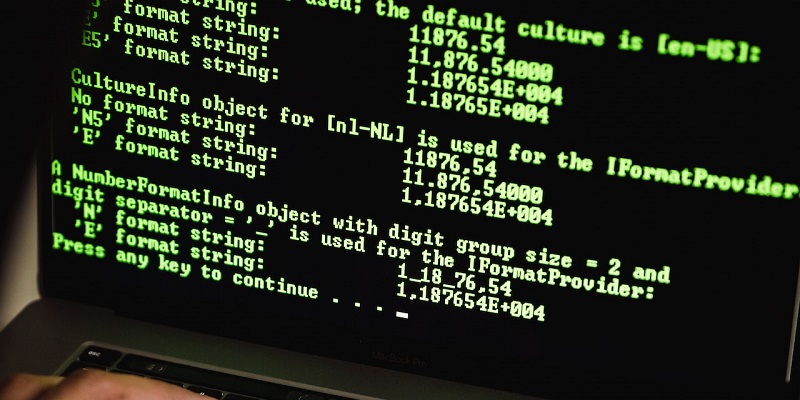In a concerning development, security researchers at Mandiant have revealed that simply patching a critical vulnerability in Citrix NetScaler products may not be enough to mitigate the risk. This revelation has significant implications for organizations relying on these products, as hackers can exploit the vulnerability to hijack authenticated sessions and bypass multi-factor authentication. Even after the patch, attackers can exploit stolen session data to gain unauthorized access, as authentication sessions persist through updates.
The Vulnerability and its Impact
The critical vulnerability present in Citrix NetScaler products poses a severe threat to organizations’ security infrastructure. By exploiting this vulnerability, hackers can bypass multifactor authentication and gain control over authenticated sessions. This means that even if an organization has implemented stringent security measures, hackers can infiltrate their systems and compromise sensitive data.
Hackers can exploit stolen session data to gain unauthorized access, taking advantage of the persistence of authentication sessions even after patching. This persistence allows attackers to continue their illicit activities and potentially cause severe damage to organizations. The impact is concerning, as it undermines the effectiveness of patching as a remedial measure.
Case study: Former IT manager sentenced for wire fraud
A recent case highlights the real-world consequences of cybercriminal activities. Marquis Hooper, a former IT manager with the U.S. Navy, faced federal charges related to wire fraud, conspiracy, and aggravated identity theft. In August 2018, Hooper opened an account with a company that sells access to sensitive personal information, including Social Security numbers and birthdates. His guilty plea in March resulted in a sentence of five years and five months in federal prison.
Agreement for Restitution
As part of their deal with prosecutors, Marquis Hooper and his partner agreed to restitution of up to $160,000. This agreement recognizes the harm caused by their actions and aims to compensate the victims affected by their theft and fraudulent activities. It serves as a reminder of the devastating impact cybercrimes can have on individuals and organizations alike.
Moldovan Man Pleads Not Guilty in Illicit Marketplace Case
In another case highlighting the global nature of cybercrime, a Moldovan man faced charges in a U.S. federal court. The man was accused of being a co-administrator of an illicit online marketplace that specialized in selling access to hacked computers and servers. The marketplace, known as E-Root, was seized in 2020 as part of an international law enforcement operation. This case highlights the need for increased international cooperation to combat cybercriminal activities and dismantle illicit marketplaces.
Healthcare provider affected by mass hack
The healthcare sector continues to be a prime target for cyberattacks. Arietis Health, a Florida-based provider of revenue cycle management for medical practices, recently disclosed a major breach. The breach involved the compromise of a MOVEit file transfer software instance, resulting in the exposure of data from almost 2 million patients from multiple client practices. The breach was reported to the U.S. Department of Health and Human Services and affected a total of 55 healthcare providers. This incident emphasizes the importance of implementing robust cybersecurity measures throughout the healthcare industry to protect patient data.
The discovery of the critical vulnerability in Citrix NetScaler products underscores the ongoing challenges organizations face in safeguarding their data and infrastructure from evolving cyber threats. The ability of hackers to bypass multifactor authentication and exploit stolen session data highlights the need for comprehensive security strategies that go beyond simple patching. The cases of Marquis Hooper, the Moldovan man, and the healthcare provider breach serve as timely reminders of the importance of proactive cybersecurity measures and international collaboration to combat the growing cyber threat landscape. Organizations must prioritize continuous monitoring, employee training, and the implementation of advanced security measures to mitigate risks and protect against such critical vulnerabilities. Only through sustained efforts can we hope to stay one step ahead of cybercriminals and safeguard our digital assets.

